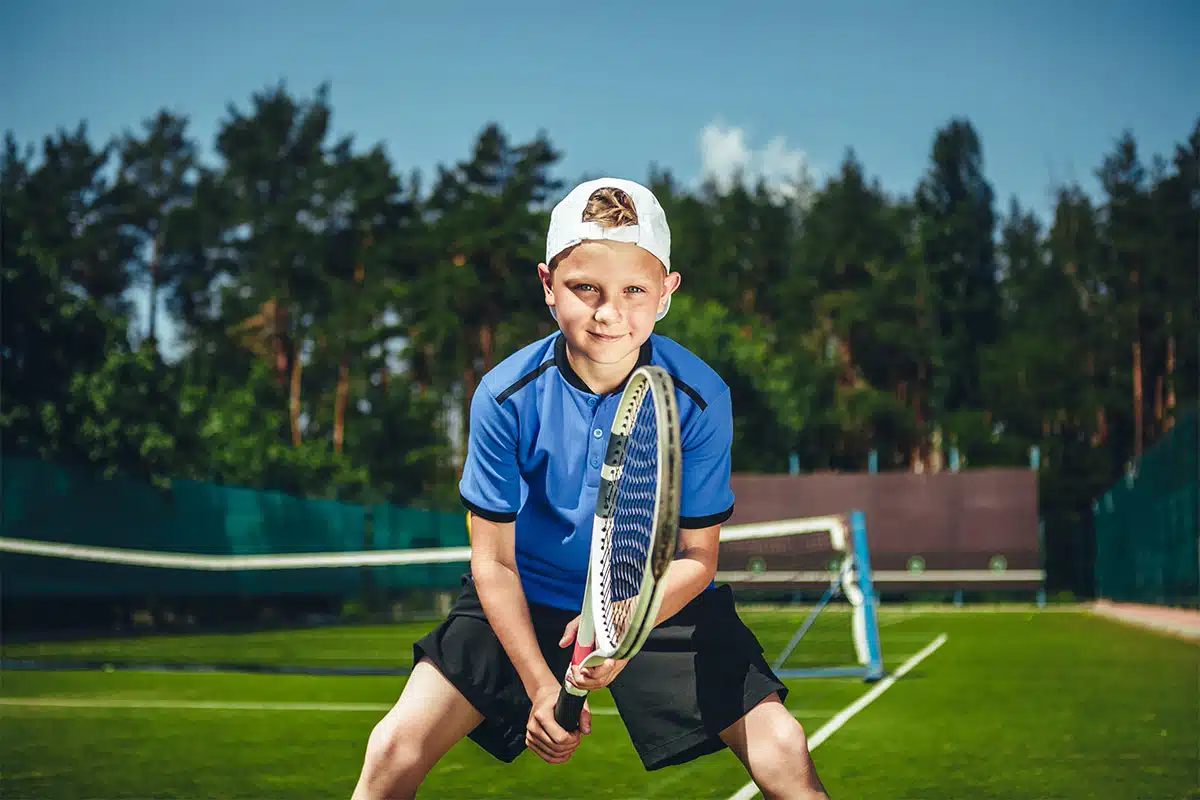
What ADHD Really Feels Like: A Day in the Life of a Distracted Mind
Step inside a child’s mind with ADHD to understand their daily struggles, challenges, and hopes—told with compassion and insight.

For many children, sports are more than just an extracurricular activity. They are a foundation for physical, emotional and social growth. Engaging in sports can help kids build confidence, develop resilience and manage stress, all while keeping them active and engaged. But not every child thrives in the same type of athletic environment.
For parents, finding the right sport can be the difference between a positive, enriching experience and one that causes unnecessary stress or anxiety. Whether your child has ADHD, anxiety, autism or just needs the right fit for their personality, the key is to focus on their strengths and comfort level rather than simply choosing the most popular sport.
Sports can be a powerful tool for mental well-being, offering benefits that extend far beyond the field or court.
Every child is different, and there is no “one-size-fits-all” approach to sports. Some kids thrive in fast-paced, high-energy environments, while others may prefer individual, low-contact activities. The key is understanding your child’s personality, comfort level and interests before committing to a sport.
Consider Their Personality and Needs
Does your child love structure and routine? Swimming or gymnastics may be a great fit. Do they enjoy working in a team? Soccer or basketball could help them build social skills. If they prefer individual challenges, sports like tennis, martial arts or track and field might be ideal.
Balance Competition and Fun
Some kids thrive under competitive pressure, while others may feel overwhelmed. Recreational leagues offer a more relaxed environment focused on skill-building rather than intense competition. It is important to choose an atmosphere that nurtures their love for the game rather than creating stress.
Address Sensory Considerations
For children with sensory sensitivities, high-contact sports like football or wrestling may be overwhelming. Instead, activities such as yoga, swimming or golf offer a more controlled and predictable environment.
Evaluate the Coach and Team Culture
A supportive, patient coach can make a world of difference. Before enrolling your child, observe practices, talk to the coach and assess the team culture to ensure it aligns with your child’s needs and personality.
Certain sports can be particularly beneficial for children with specific mental health needs:
These sports allow children to channel their energy positively while avoiding environments that may feel overwhelming.
Once you have found a sport that fits your child’s personality and needs, the next step is ensuring they have a positive experience.
Sports can be an incredible tool for mental and emotional growth, but the key is finding the right fit. When kids are placed in a supportive environment where they feel comfortable, they are more likely to develop confidence, resilience and a lifelong love for movement.
If you are unsure which sport is best for your child’s unique needs, Pediatric Consultations is here to help. Our team specializes in supporting children’s mental and emotional well-being, ensuring they thrive both on and off the field.

Step inside a child’s mind with ADHD to understand their daily struggles, challenges, and hopes—told with compassion and insight.

Youth sports injuries can affect more than the body. They also impact mental health. Here is how to support full recovery.

Due to a sudden serious and ongoing medical issue, Dr. Peter Halas has closed his Pediatric Consultations practice.
Dr. Halas is deeply grateful for the trust, kindness and connection shared with patients and families throughout the years. It has been an honor to care for your children and to be part of your lives.
For any ongoing medical needs or referrals, please contact your primary care provider. Dr. Halas wishes each of you continued health and happiness.